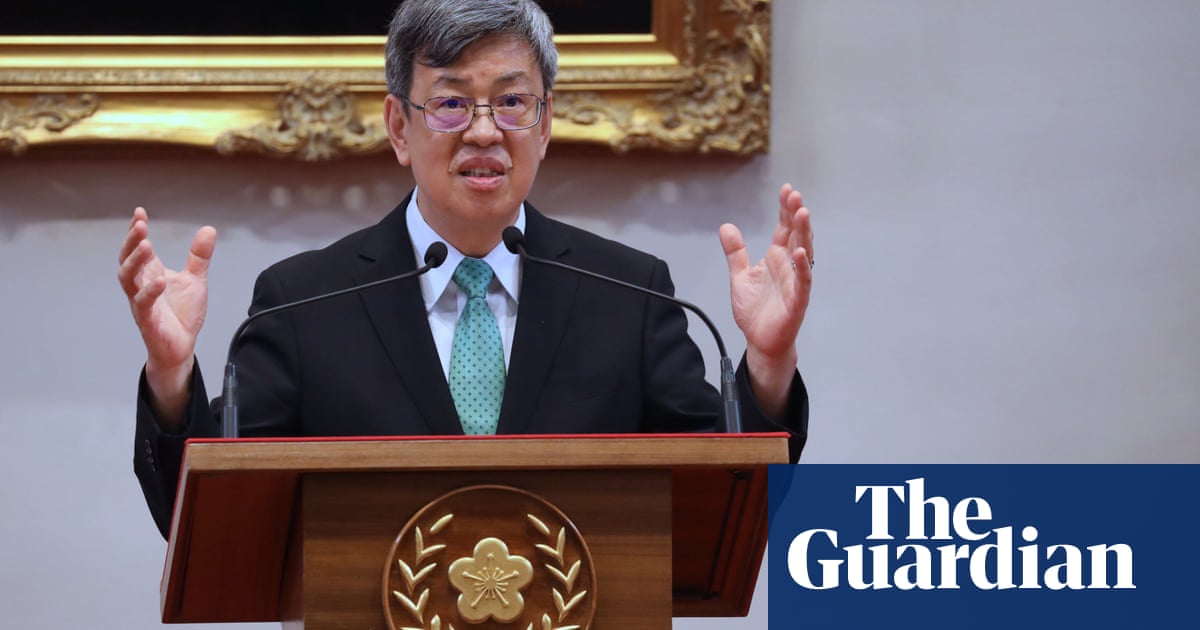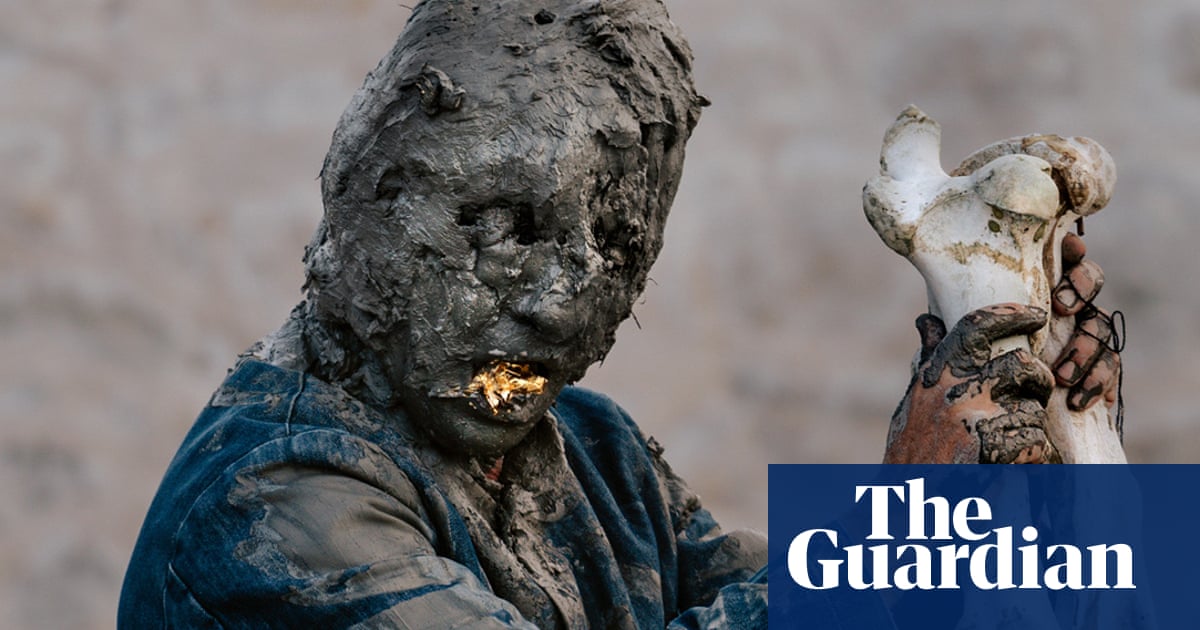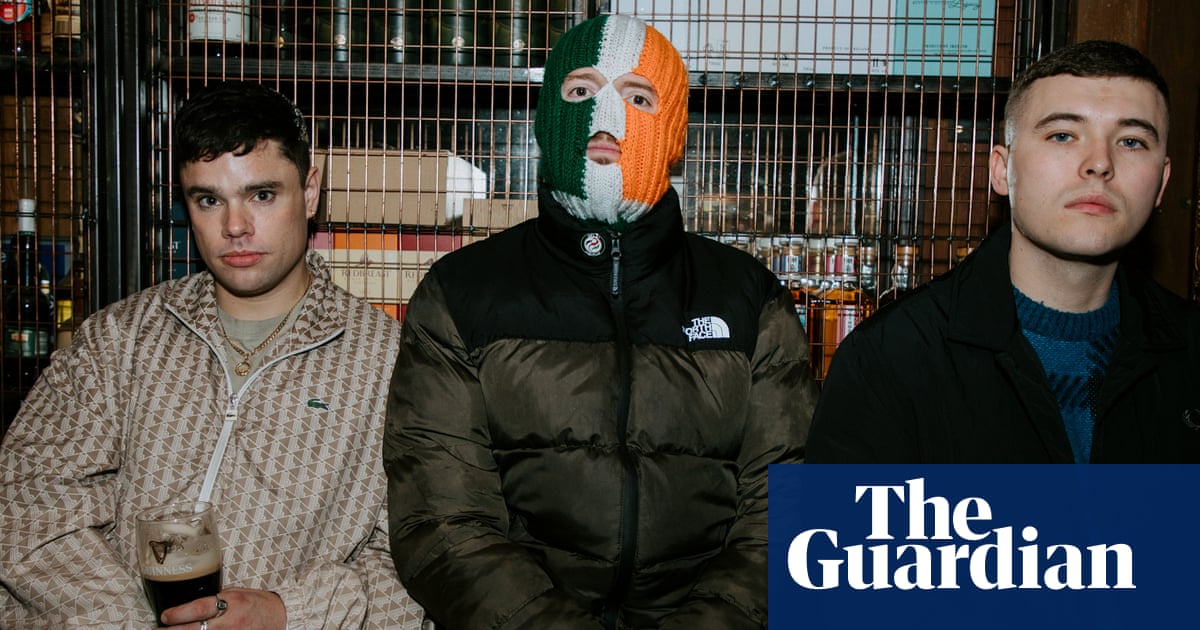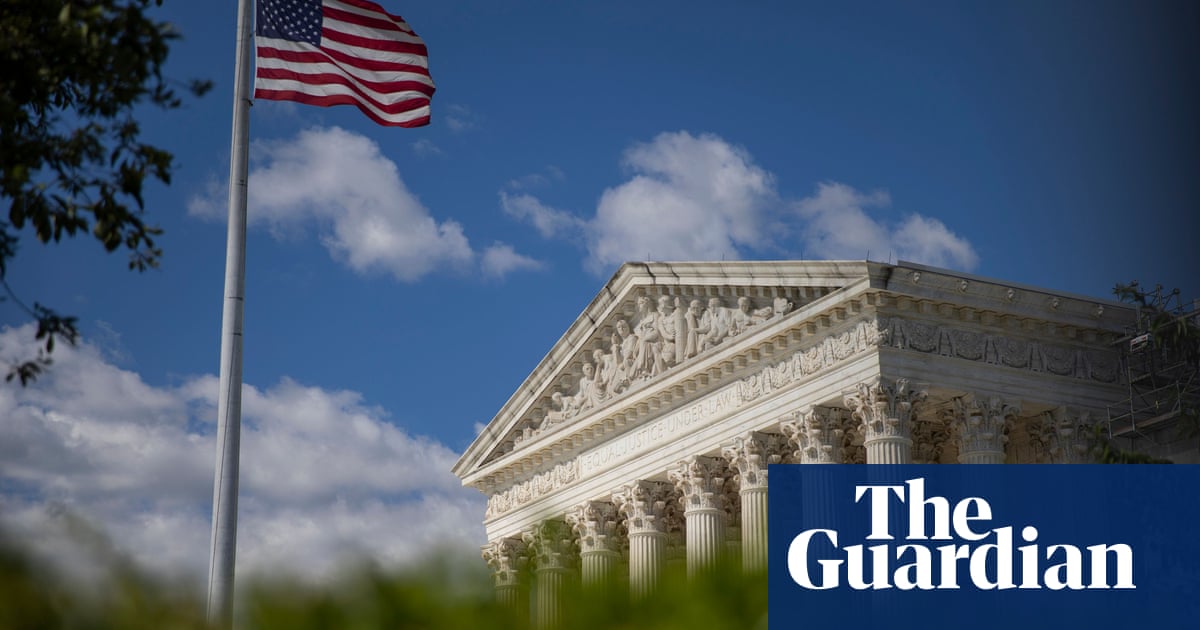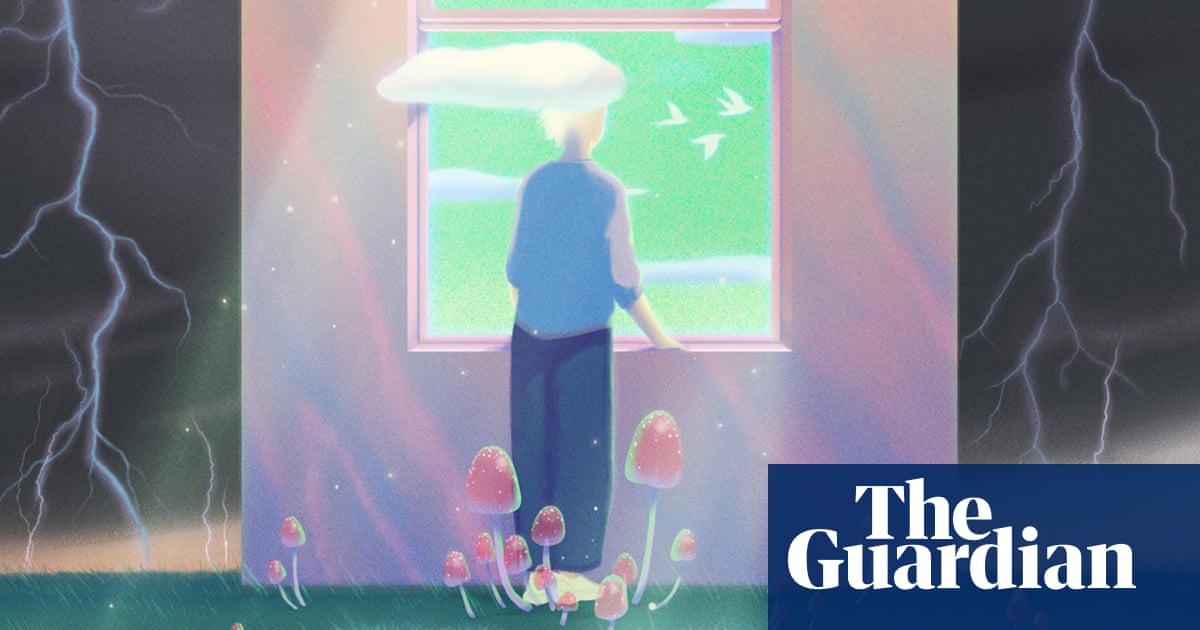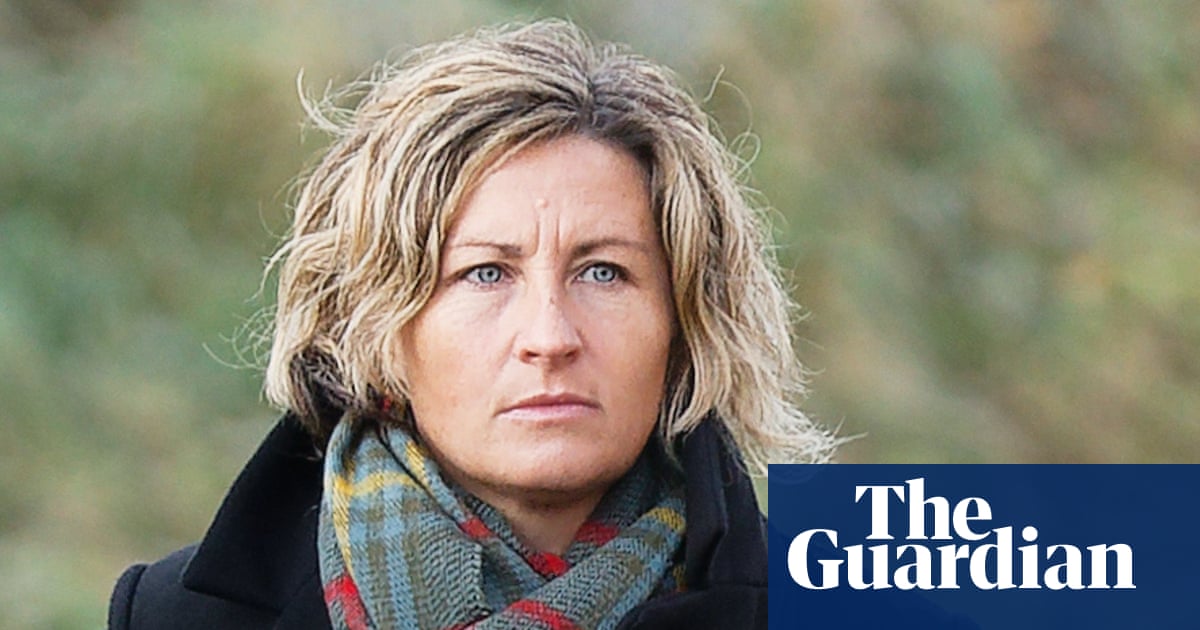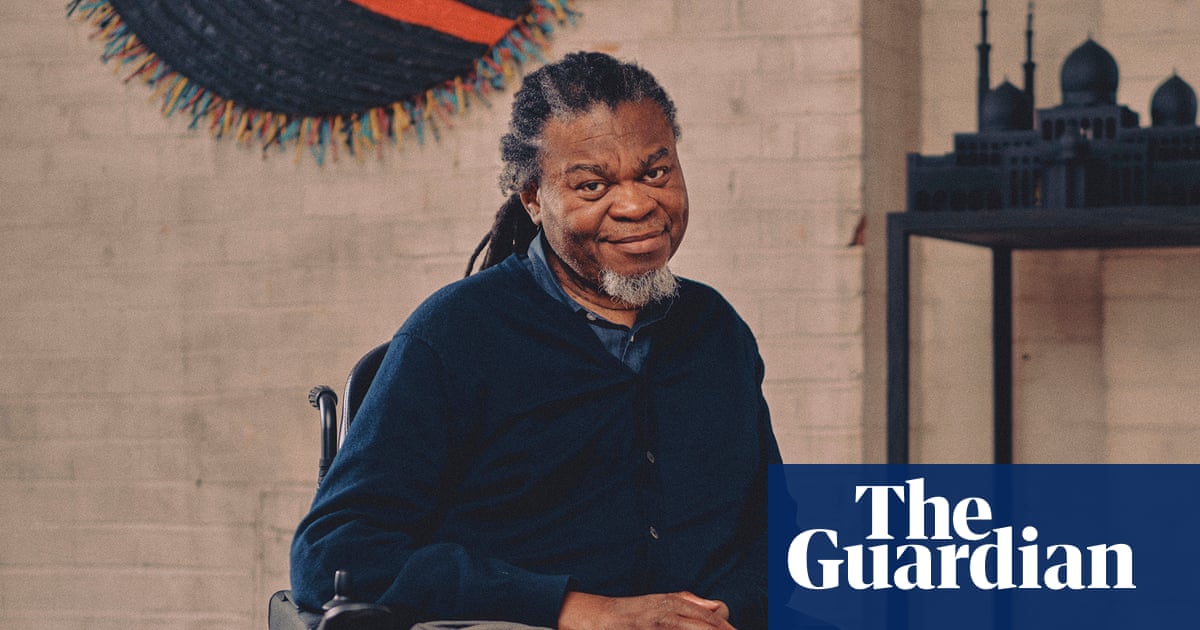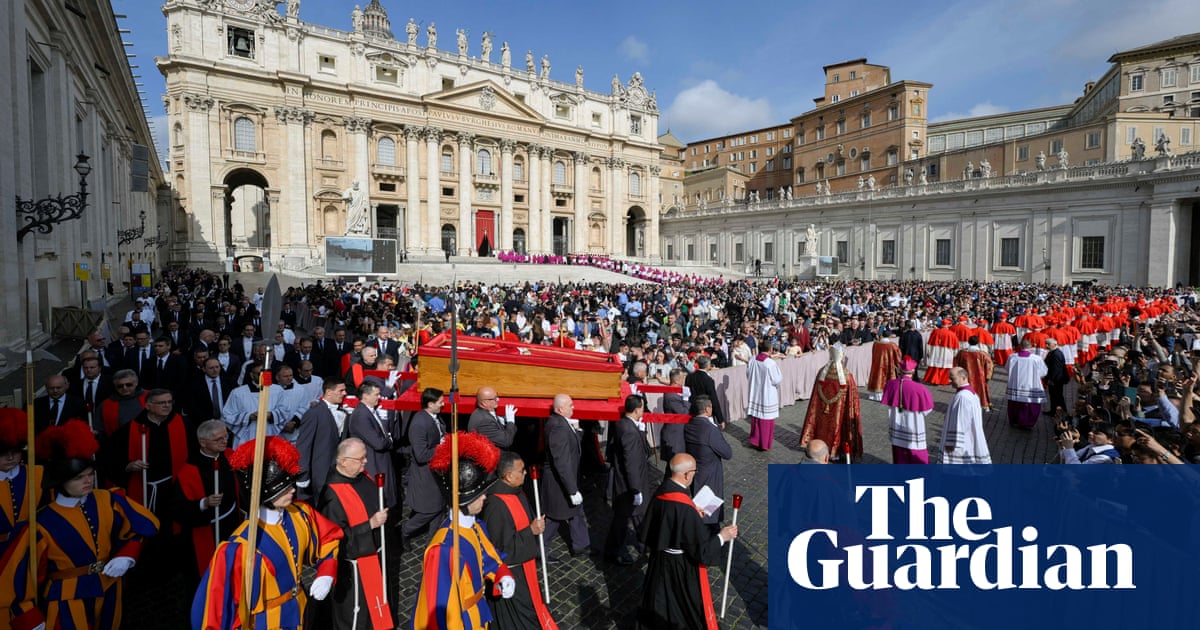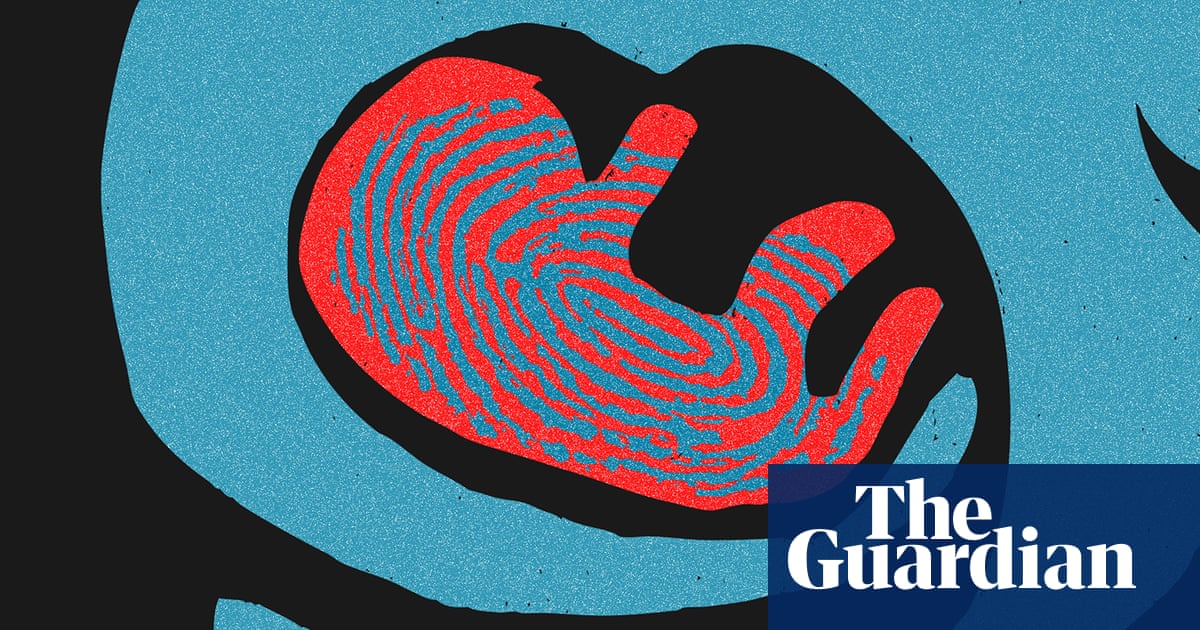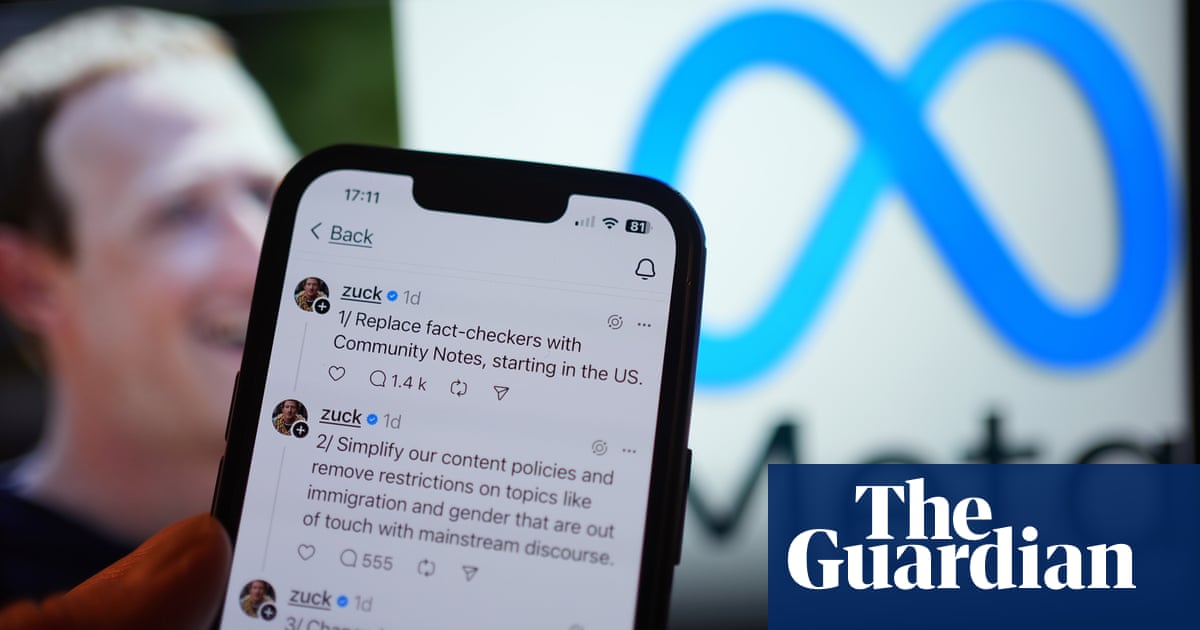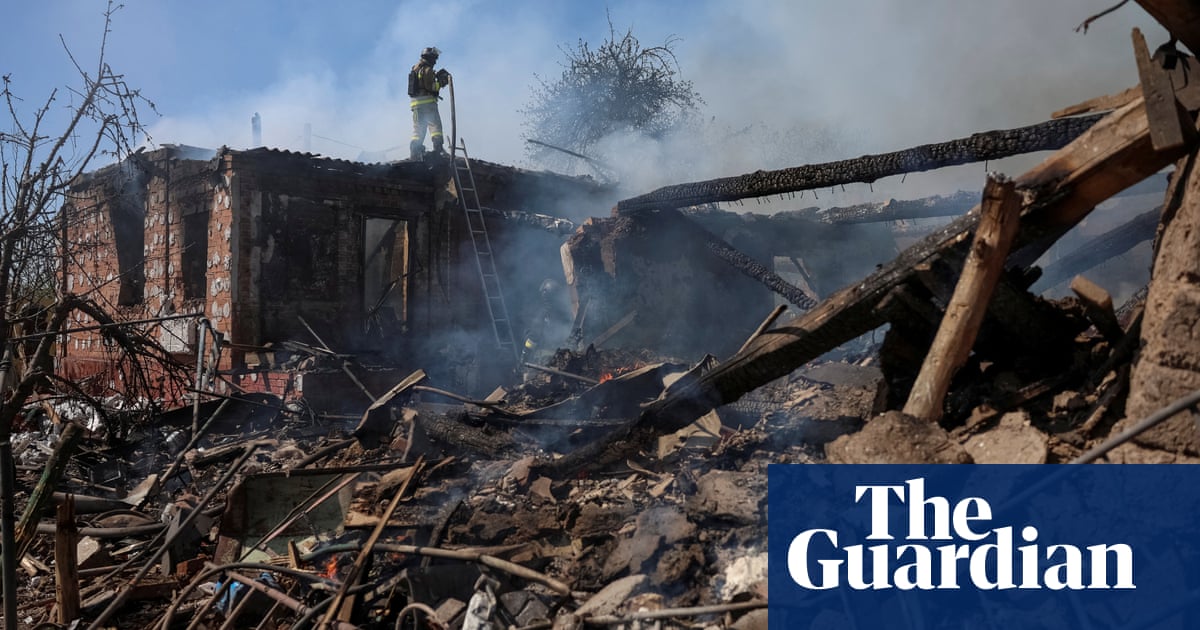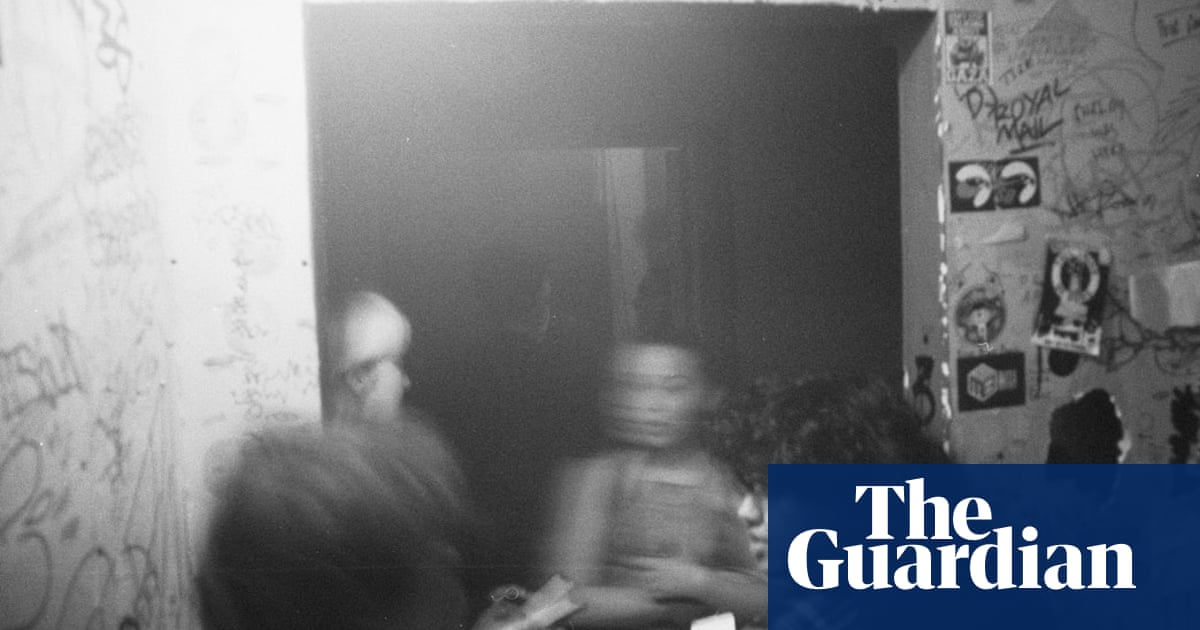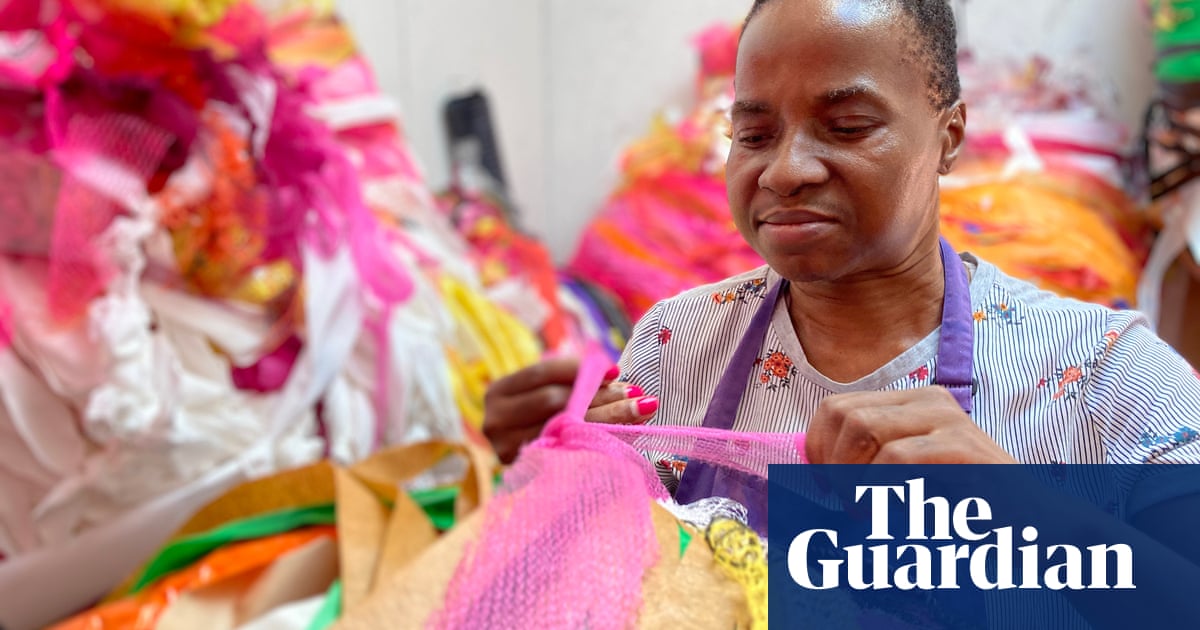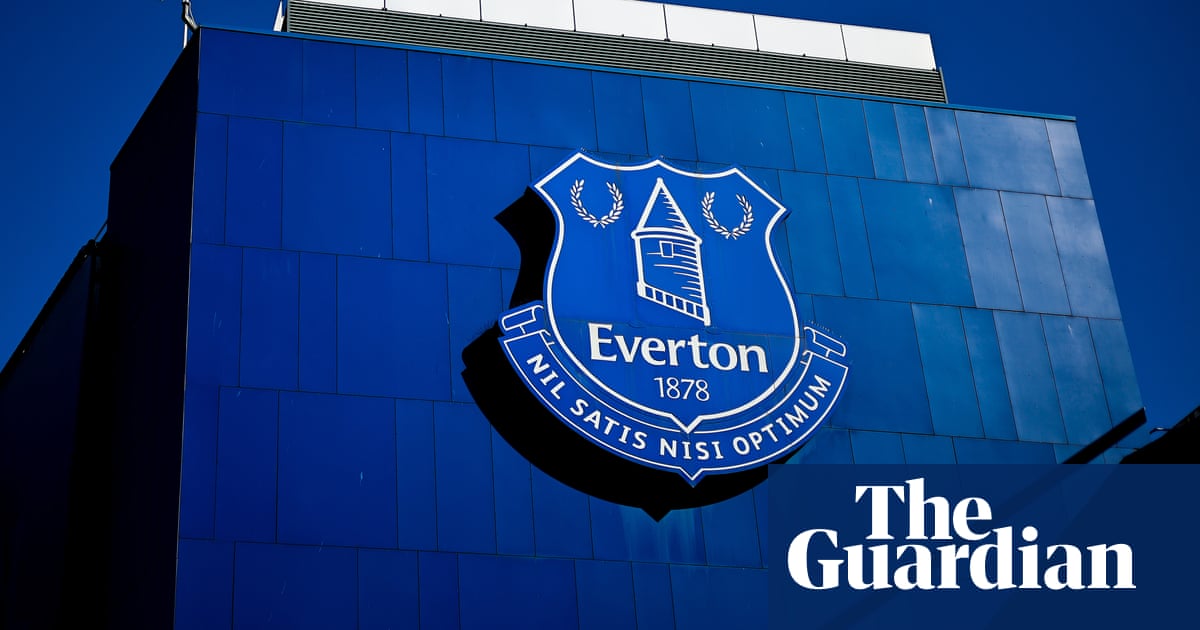A Sunday afternoon in early December and London’s Southbank Centre draws its usual eclectic crowd: tourists, young families, culture lovers, out-of-towners. But as I move through the people, a pattern starts to emerge. The cavernous space is dotted with people wearing the same black T-shirts printed with bold white lettering. Many read “Team Sceptic”, even more say “Team Believer”. Some, curiously, bear the phrase “Bloody Hell, Ken!”
If you’re into the paranormal – ghosts, UFOs, demons, witchcraft, Bigfoot, etc – you’ll recognise them as slogans from the lexicon of Uncanny, a hit BBC podcast that first aired in late 2021 and has since snowballed into a many-pronged behemoth of ghoulish entertainment, replete with a TV show, a mammoth live tour and a bestselling book. (Ken, by the way, was the protagonist of the first ever episode, recounting his experience at the hands of a poltergeist in his student halls of residence.)
Today, Uncanny acolytes – myself included – from across the UK and beyond have coalesced for UncannyCon, a celebration of the platform and day-long immersive foray into the spectral unknown. There will be interviews with “witnesses” (as they are known on the show), cold-case investigations, a game of “Uncanny-versity Challenge” and a live recording of an upcoming episode of the podcast featuring comedian and writer Reece Shearsmith.
The excitement is palpable. Some settle in at the pop-up fan art table to create drawings inspired by stories from the show, while others queue for “Bloody Hell, Ken!” socks at the merch stand. The crowd intensifies at the back of the hall, where a long queue snakes to a meet-and-greet table at its head. In the centre sits Danny Robins, Uncanny’s creator, host and high priest, flanked by Evelyn Hollow and Dr Ciarán O’Keeffe, parapsychologists and regular Uncanny contributors. O’Keeffe is the foremost voice of Team Sceptic, Hollow the de facto leader of Team Believer (though perhaps more as an empath than a zealot).
Slight and elfin, with a huge Beatlemania mop of hair and the impish energy of a children’s TV presenter, Robins is an unlikely figure to sit atop an occult media empire. And yet over the past four years, Uncanny has proven almost unstoppable. A second BBC TV series has just begun and it now comes with an accompanying post-episode review show, the national live tour will launch its second iteration this year and the podcast is one of the BBC’s best-performing audio productions. Last year, 250 people met for the first UncannyCon at a theatre in London’s King’s Cross. Today, 2,000 spook-heads will fill the Royal Festival Hall. “For a long time, the paranormal was almost like pantomime entertainment,” says Robins, on a Zoom call a few days after the event. He says that investigation shows like Most Haunted and Ghost Adventures treated the subject as entertainment, “with people jumping out of the shadows and mediums channelling spirits on demand”. They were always focused on a haunted place, a castle or a pub or a stately home, but “what Uncanny has done is make it about people and the strange human drama of being an ordinary person having an extraordinary experience.”
I approach a couple in their 40s just as they are pulling on their new Team Believer T-shirts. They say they have braved the tail end of Storm Darragh to make the journey from Basingstoke for the event. “I’ve been fascinated with ghosts and paranormal stuff since I was a child,” the man explains, a little sheepishly. The woman is rather more forthcoming, explaining that though she has never seen anything concrete, she often has inexplicable feelings she thinks are linked to the paranormal. On a recent visit to the crypt at Oxford prison, she experienced an “overwhelming feeling of happiness” and was unable to stop laughing hysterically, she says. “I spoke to paranormal experts and they thought that something might have been protecting me.”
“I just think it’s really interesting that people have experiences that, by anybody’s measure, can’t be explained,” says Claire, who came to UncannyCon from southeast London with her partner, Alan. I find the middle-age couple sitting in the café, conspicuous in their Team Believer T-shirts bought at a previous Uncanny event. Alan and Claire tell me that a few years ago, they were driving through a village in Kent at night when a spectral column of mist drifted across the road in front of them. “What was odd,” says Claire, “was that when it got to the centre of the car’s bonnet, it turned as if it acknowledged us, and then carried on.
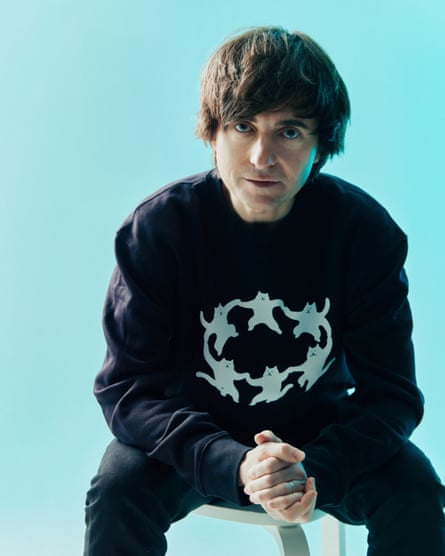
“Culturally, there hasn’t been a lot of room to speak about unusual occurrences,” she continues. “And Danny Robins has a lovely way about him. He just listens.”
Everyone has a ghost story. Even if you don’t believe in things that go bump in the night, you will know someone who does. According to a recent poll by horror-themed tourist attraction the London Dungeon, almost half of Brits believe we hang around after we die and even more believe in spirits (though the distinction is not clear).
The concepts of ghosts and haunting have a special foothold in society. Despite centuries of investigation, they are unproven and often considered fanciful or even absurd. And yet millions of sensible, right-minded people believe they have had an experience that can only be described as paranormal. My mother and her sisters, for example, claim that their parents’ Wiltshire home was haunted by the man who had lived in the house before them. He was seen, occasionally, standing between the window and curtain in the sitting room looking out on the drive. And there was a room upstairs that never felt right; even with the curtains open on a bright moonlit night, it would be pitch black within. There is no melodrama and they are very matter-of-fact about it. It’s not a ghost story per se, it’s just what happened.
During the pandemic there was a spike in reports of ghost sightings, and interest in the paranormal has sustained. Uncanny is an outlier in a raft of hugely popular paranormal podcasts, and paranormal investigation videos on YouTube are booming. One 2023 video by UK outfit Ghost Theory (“We left cameras alone in a haunted house: what we found is terrifying”) has been viewed almost 2.5m times. On TikTok, there are 5.5m videos with the hashtag #ghost.
Beyond the afterlife, horror in general is the most bankable genre in Hollywood right now. The 2024 hit Longlegs, for example, was made for a paltry £8m and grossed a whopping £90m at the box office. And between 2022 and 2023, horror fiction book sales rose by 54%, with growth continuing into 2024.
“Four years ago, I don’t know if the BBC would have put a show about the paranormal on at prime time,” says Jack Bootle, head of specialist factual commissioning at the BBC and the producer tasked with transferring Uncanny to television. “I think people might have thought it was slightly silly and disreputable.”
Uncanny arrived in late 2021 as a follow-up to surprise hit The Battersea Poltergeist, also hosted by Robins, a kind of docudrama audio series on the BBC that reinvestigated the infamous south London haunting of the 1950s. It arrived in March 2021, just as the UK entered its second year of pandemic restrictions. Bootle says the series hit him at the time “like the drug I didn’t know I needed”. Seemingly, Uncanny (and further such podcasts, YouTube shows and horror movies) have benefited from the unrest and anxiety of the pandemic and the insecure years that followed.
“Sociological studies have shown that people tend to turn towards personal beliefs in times of economic strife,” explains Uncanny’s Evelyn Hollow. “So you’re more inclined to be drawn towards things like mindfulness or esotericism, tarot cards, seances, crystals, reiki.”
“Turning toward the mystical and supernatural can be a way of reducing the fear of death,” which is something we all have inherently, explains Dr David Luke, associate professor of psychology at University of Greenwich, and a former president of the Parapsychological Association.
Luke points to the role of grief in paranormal culture, too. “It’s relatively common for people to see apparitions of their [dead] loved ones,” he explains, “and that can often help with the bereavement process. People find comfort in thinking that their loved ones are somewhere else, and that they are OK, even though they’ve died.”
“There are some more interesting cases of people having apparitions of people they didn’t know were dead,” adds Luke, tantalisingly. “It’s less a response to grief,” he says, “and possibly something more… curious.”
The societal and cultural interest in the paranormal never really goes away, says Luke, “but it does wax and wane with a degree of global political turmoil”. He notes how trends for mediumship and lucky rabbit feet went through the roof during the First World War.
I ask Luke if the current sociopolitical climate could be linked to the apparent spike of paranormal content, and he concedes that “There is a little bit more uncertainty and danger in the world currently, nothing like it was in the world wars. But the facility for democratic access to the creation of media through YouTube, TikTok, etc, means it’s a good way [for creators] to get attention.”
Uncanny, in its various guises, is indeed entertainment, but there seems to be a second, almost altruistic function to it. Walking around UncannyCon, I get the sense that attendees are there for more than just a spooky afternoon. There is a kinship, maybe even a feeling of sanctuary. For a few hours, London’s Southbank Centre doubles as a forum where it’s OK to say you believe in ghosts or that you think you saw one and want to see what other people think, without fear of reprisal.
On my call with Robins, he refers back to spending time with a UFO-abductee support group while researching his book and how members spoke of being shut out of society. Having an experience like this makes you feel like the alien, they told him, and that sentiment has been transferred. “Creating the idea of a confessional booth [with Uncanny] has been amazing,” Robins says.
“We live in these times where you’re almost encouraged to believe that it’s wrong to not take a definite stance. You are defined by what you love and what you hate, what you agree with, what you disagree with,” he says. “There are loads of us out there that aren’t sure.”
“I like that a lot of stuff never really gets explained [on the show],” says Annie, a thirtysomething UncannyCon-goer I meet at the centre; she has travelled down from Nottingham with her sister, Laura. “We’ve all had those experiences and it would be satisfying to know ‘that was a ghost’, but life doesn’t work like that,” she says.
Annie and Laura tell me that every night, heavy, deliberate footsteps walk slowly along the upstairs landing of their Edwardian family home. The rickety bedroom doors even shudder gently as the disembodied thing passes by. The landing is long, adds Laura, and whatever it is, it takes its time.
You may say it is just a breeze through a broken window or the bones of an old house settling down for the night. And it could well be either. It certainly doesn’t prove the existence of ghosts – whatever “ghosts” may be – but there is no question of the story’s veracity. The experience is true and the sisters’ unease is real, even if the source of the sound is yet to be proven.
For many people, be they grieving, anxious, lonely, or perhaps just curious, the experience is enough.
Uncanny: Post Mortem is on now and available on BBC Two and iPlayer on Fridays after the main show. An extended version of the podcast will be available on BBC Sounds. Danny Robins’s new live stage show, Uncanny: Fear of the Dark will tour the UK from autumn 2025 (uncannylive.com)

.png) 2 months ago
26
2 months ago
26


